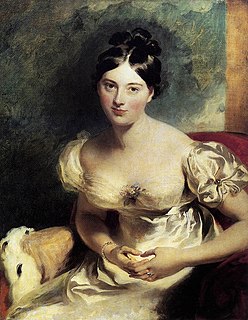A Quote by Ralph Waldo Emerson
A certain awkwardness marks the use of borrowed thoughts; but as soon as we have learned what to do with them, they become our own.
Related Quotes
We need to transcend our thoughts and desires to truly understand philosophy and the universe as a whole. However, in our everyday life, we deal with the micro universe and with our own affairs. Therefore we need to use our brain. To practice Tao is not to rid yourself of all thoughts. There are actually more occasions when you would use your true intention instead of non-desire.
Nobody really owns anything. We give back our bodies at the end of our lives. We own our thoughts, but everything else is just borrowed. We use it for a while, then pass it on.
Everything.
We borrow the sun that shines on us today from the people on the other side of the world while they borrow the moon from us. Then we give it back. We can't keep the sun, no matter how afraid we are of the dark.
Every good teacher and every good parent has somehow learned to negotiate the paradox of freedom and discipline. We want our children and our students to become people who think and live freely, yet at the same time we know that helping them become free requires us to restrict their freedom in certain situations.
If we understood the power of our thoughts, we would guard them more closely. If we understood the awesome power of our words, we would prefer silence to almost anything negative. In our thoughts and words we create our own weaknesses and our own strengths. Our limitations and joys begin in our hearts. We can always replace negative with positive.
Perhaps the most promising trend in our thinking about leadership is the growing conviction that the purposes of the group are best served when the leader helps followers develop their own initiative, strengthens them in the use of their own judgment, enables them to grow, and to become better contributors.
If we go about apologizing for speaking to people of the things of God, we must not be very much surprised if they catch our timidity and they feel awkward and we feel awkward. There is a certain shyness and awkwardness about us when we go to tell men and women of the things of eternal life, which react upon them until they become nervous and awkward too.
Psychologists tell us we think 50,000 thoughts a day...between 1,000
and 5,000 thoughts in a single hour. Many of those thoughts are about
ourselves and about our performance, about our lovability, our capability
and our significance. So the key is to control those thoughts, making
certain they're always positive.
To use books rightly, is to go to them for help; to appeal to them when our own knowledge and power fail; to be led by them into wider sight and purer conception than our own, and to receive from them the united sentence of the judges and councils of all time, against our solitary and unstable opinions.










































